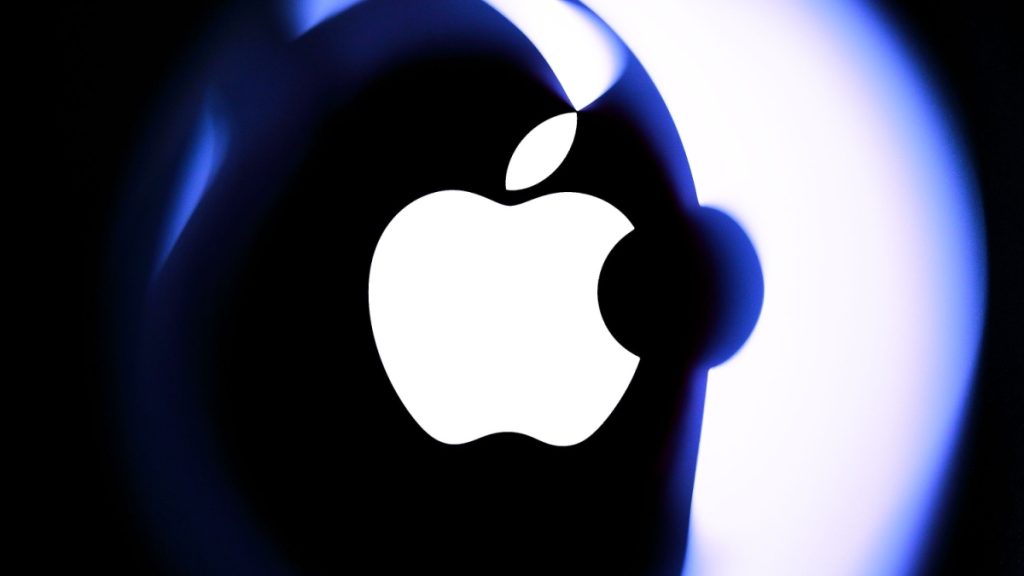
Apple is enhancing its AI capabilities by developing its own Apple Large Language Model (LLM) that will run on all iOS devices.
According to Bloomberg’s reporter, Mark Gurman, by making such a strategic move, Apple is aiming to integrate its waited AI features, which will operate without the use of cloud-based systems, commonly used by other tech companies.
The tech giant’s LLM is designed to process data locally on the user’s device, giving priority to the user’s privacy and offers faster response time, which puts Apple on another level in the tech competition. However, this way of processing data might limit the AI capabilities, so in order to mitigate such limitations, the iPhone parent is planning to license additional technologies from other leading AI providers like Google.
It is worth noting that one of the reasons as to why Apple does not want to fully rely on an external AI model could be driven by a combination of strategic, technological, and business considerations. By creating its own AI systems, Apple maintains control over integration and customization, ensuring these systems align with its high standards for functionality, privacy, and security.
Past incidents involving data breaches with Microsoft’s Bing and the Gemini AI highlight significant vulnerabilities in data security. In the case of Bing, Microsoft researchers accidentally exposed 38 terabytes of sensitive data due to a misconfiguration on GitHub, including personal details from Microsoft employees. For Gemini, a third-party vendor compromise led to the leak of information concerning 5.7 million users, including email addresses and partial phone numbers, although no financial or account information was compromised.
These breaches underscore the risks associated with handling large volumes of sensitive data, particularly when third-party services are involved. This context of potential security failures and privacy concerns is precisely why Apple is cautious about fully relying on external AI systems or models. Apple’s emphasis on privacy as a core aspect of its brand identity means that incidents like these validate its strategy to develop and control its own AI technologies, thereby adhering to its stringent privacy standards and minimizing reliance on third-party AI solutions.
The decision made by Apple to build its own LLM not only strengthens the company’s privacy-focused brand identity by limiting data exposure but also secures both the AI models and the sensitive data they process on their customers’ devices. The proprietary nature of Apple’s technology serves as a competitive advantage, distinguishing its products from those of competitors.
The initiative supports Apple’s preference for end-to-end integration, optimizing performance across its devices and reducing reliance on third-party technologies, which might lead to higher licensing costs and less flexibility. In the long run, Apple’s investment in its own AI technologies reflects a broader trend among major tech companies to leverage AI for innovation, aiming to enhance current offerings and explore new technological opportunities.
On the other hand, Apple’s marketing strategy for its AI technology emphasizes practical benefits to users, focusing on daily utility rather than complete computational power. This user-centric approach is expected to be a key subject in the upcoming Worldwide Developers Conference (WWDC), where Apple will reveal more about its AI strategy alongside major software updates.
Inside Telecom provides you with an extensive list of content covering all aspects of the tech industry. Keep an eye on our Tech sections to stay informed and up-to-date with our daily articles.